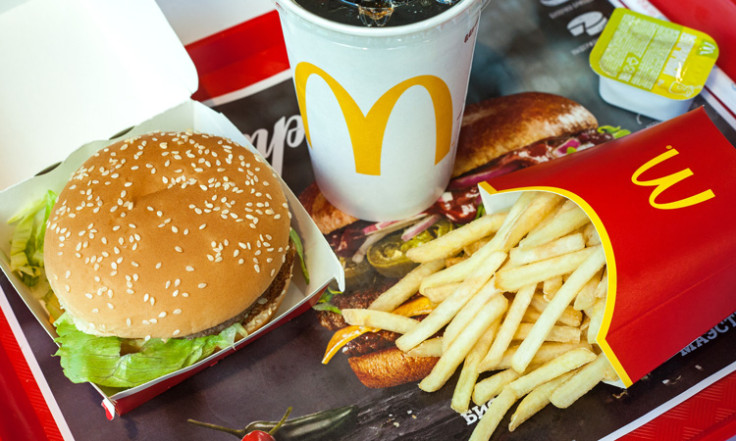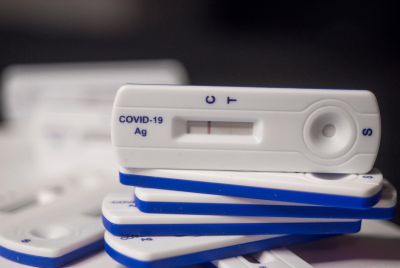Why Do Women Eat McDonald's Fries After IVF? Expert Reveals Truth Behind Bizarre Fertility Tradition

From TikTok videos to fertility forums, the quirky ritual of eating McDonald's fries after IVF embryo transfer has become a phenomenon.
Patients and their supporters post photos of fries in solidarity, believing the salty snack could bring luck and improve the odds of success. However, while the fries may provide comfort, doctors confirm that there is no scientific evidence to suggest they influence fertility outcomes, according to Gaia Fertility.
In one such viral TikTok, a couple sit in a McDonald's car park and eats fries after their embryo transfer. The camera cuts to clips of family and friends, each holding their own fries in solidarity.
'You heard it's good luck to eat McDonald's fries after an IVF transfer, but weren't prepared for your friends, family, and IG aunties to show up like this,' the caption reads.
The video struck a chord online. One commenter joked it 'would make one hell of a McDonald's ad,' while another asked: 'Did any of you have McDonald's fries after your FET? ... I'll do whatever for good luck!'
For many IVF patients, fries have become more than fast food. They are part of a superstition — a ritual believed to bring luck at a moment when hope feels fragile.
How the Tradition Began
The origins of the practice are murky, but fertility forums suggest it began at a New Jersey clinic more than a decade ago, where patients were told salty foods could ease post-procedure bloating. Over time, the idea morphed into a widely shared belief: that eating fries after embryo transfer might increase the chances of success.
Despite the folklore, fertility specialists are clear. There is no scientific evidence that McDonald's fries improve IVF outcomes.
What Fertility Experts Say
Despite its popularity, specialists stress the ritual is symbolic, not scientific. US-based fertility doctor Dr Charles Miller has written that no studies support the claim and joked that one day patients might ask for a 'McDonald's Infertility Happy Meal' with fries, pineapple core and pomegranate juice.
Nutrition experts echo this stance. The Dietologist concluded that 'no research shows McDonald's fries improve IVF success rates. If it makes you feel good, one serve won't hurt — but don't confuse it with science'.
Fertility resource Gaia, which publishes educational content reviewed by medical specialists, also dismissed the claim: 'There is no scientific evidence to suggest fries after an embryo transfer increase your chances of pregnancy.'
Why Patients Keep It Alive
While unproven, the ritual endures because it offers psychological comfort. IVF patients often face an anxious 'two-week wait' after embryo transfer. Eating fries becomes a way to mark the moment, reclaim a sense of control, and join a community of others on the same journey.
On Reddit, one patient wrote: 'Our first transfer we didn't do McDonald's fries, but for our second we did, and though we know realistically it didn't do anything, we still call the baby our lil fry.'
What Really Helps IVF Success
Doctors underline that improving IVF outcomes depends on long-term health and lifestyle choices. Steps shown to support implantation include:
- a) A Mediterranean-style diet rich in vegetables, whole grains, fish, nuts and olive oil.
- b) Maintaining a healthy body weight.
- c) Managing inflammation and stress.
- d) Taking prenatal vitamins and supplements such as folic acid.
These measures are far more critical than any quick post-transfer snack. According to The Dietologist, the Mediterranean-style diet helps to reduce inflammation and support uterine health. The fries, in the end, are a harmless superstition. They are unlikely to boost success rates, but they can provide emotional comfort and a sense of community.
The Bottom Line
McDonald's fries after IVF are a harmless superstition. They don't increase the chances of pregnancy, but they do provide emotional support, solidarity, and a light-hearted ritual during a difficult time. For many women, that comfort alone makes the fries worth it, even if the science says otherwise.
© Copyright IBTimes 2025. All rights reserved.





















